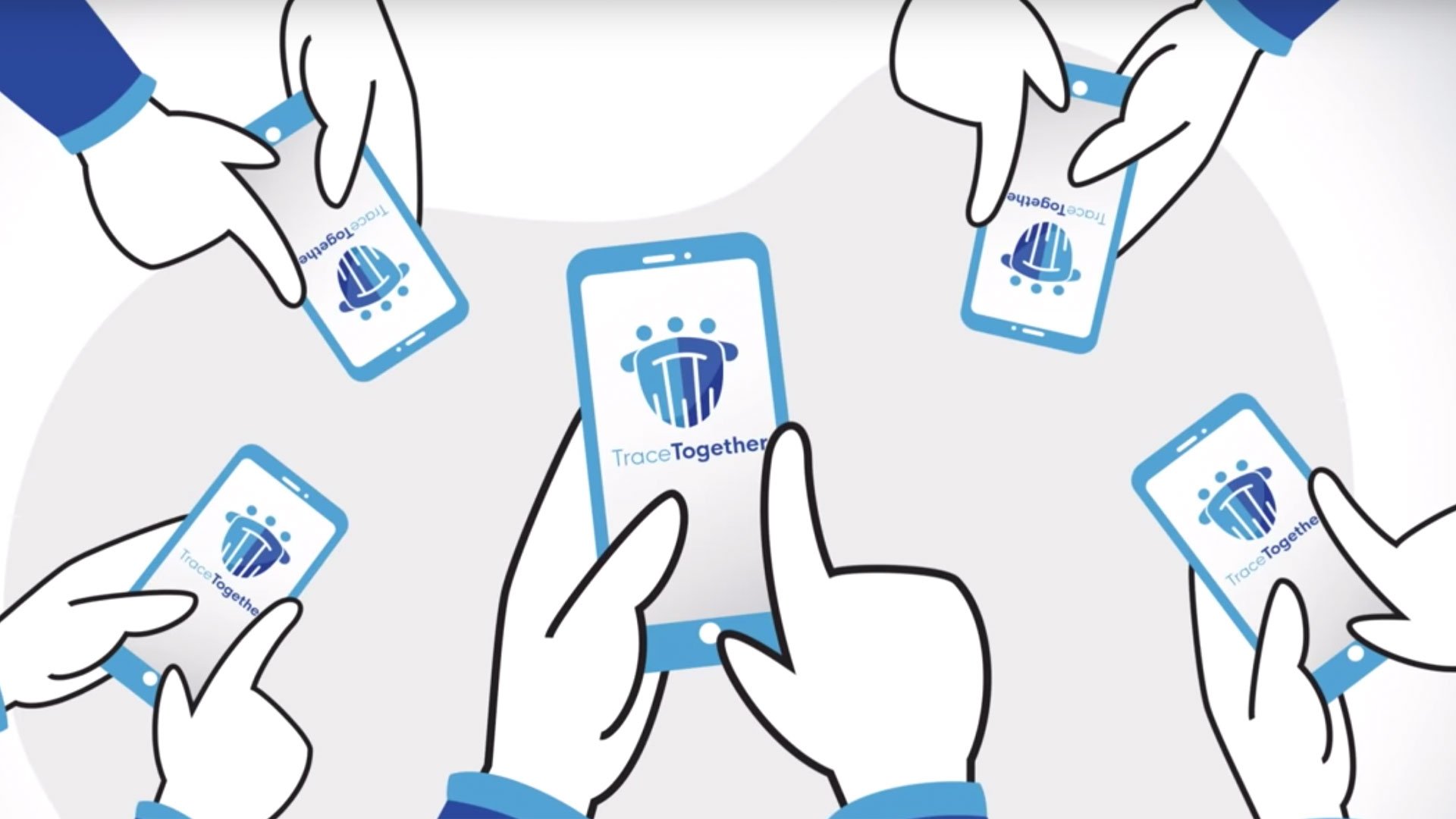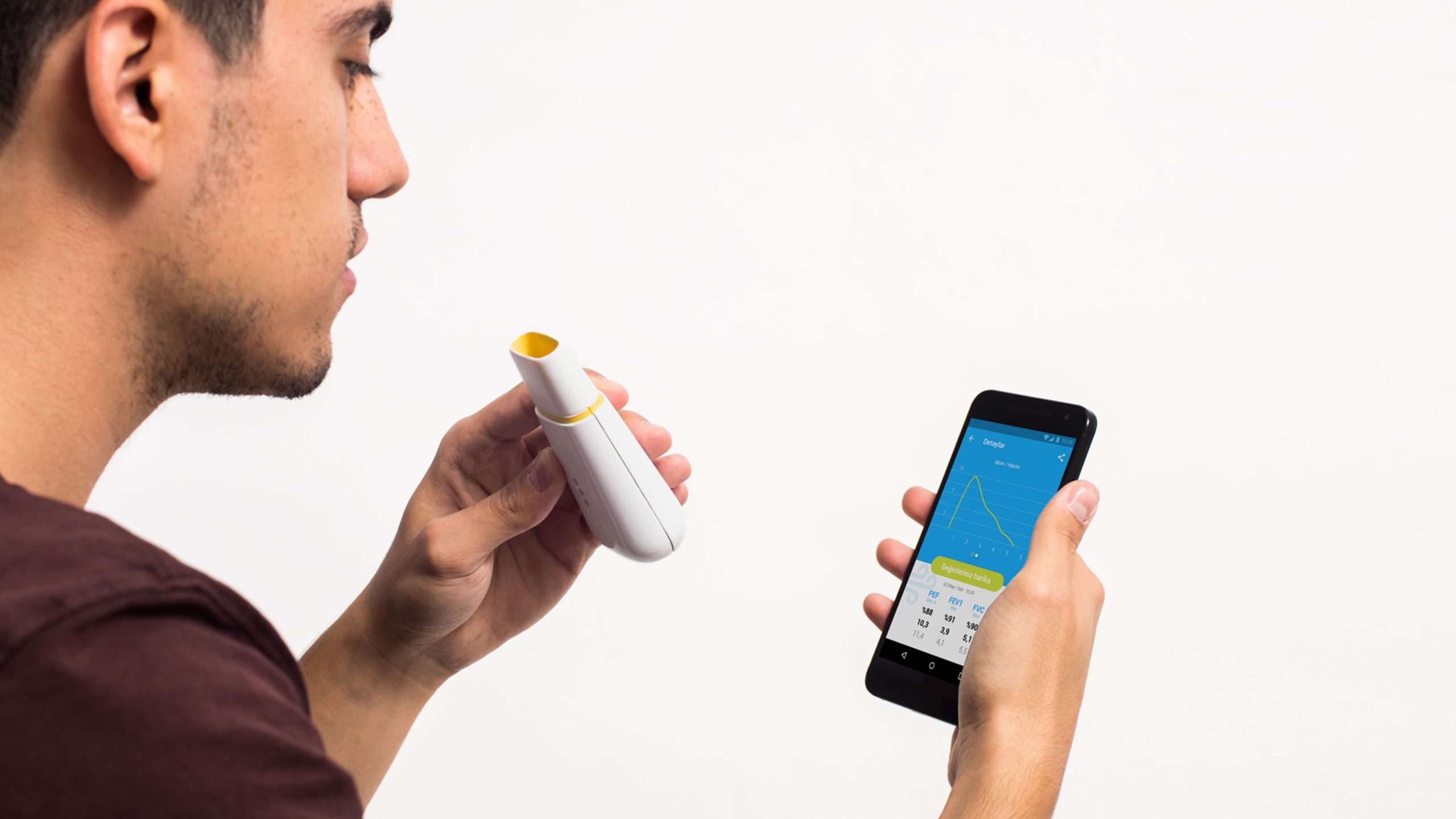Many countries are actively trying to use remote health care to manage the coronavirus outbreak. U.S. President Donald Trump declared a national emergency on March 13, providing over $42 billion in funding that includes resources for remote online health care. The creation and expansion of these services will help prevent patients from piling up in hospitals and expand telemedicine services to treat some individuals virtually. Similar decisions and actions are happening in many countries around the world.
Regulations expected in Turkey
Hospitals, municipalities and private institutions are providing remote health care services in Turkey, too. They are awaiting further regulation decisions from the Health Ministry, however, before fully launching their services. Regulations, accelerated due to the COVID19 outbreak, are expected shortly. Important details about personal data are being reviewed, and the option to grant temporary licenses is said to be among the issues being discussed. The Coronathon Turkey Initiative, which fielded more than 150 possible solutions to the coronavirus crisis, forwarded the remote health care services proposal onto the authorities’ agenda.
Two startups that provide personalized doctor solutions, Medibook and Neoanka, will enable family physicians to be used more if they manage to get licensing. Biotel, an application that tracks the use of measuring machines in molecular biology and genetics departments in Turkey, is trying to identify and fill the idle virus testing capacity. It is also among the startups that will receive support.
E-pulse data source
The e-pulse application, that all citizens can use, is currently the Health Ministry’s most important data source as it includes all medical history information. From this data, in collaboration with the Scientific and Technological Research Council of Turkey (TÜBİTAK), the tests of high-risk groups can be reviewed. The application also provides citizens information about their nearest health institutions.
Doctor Turkey, a startup in which Turkey’s leading information and communication technologies company Türk Telekom invested through TT Ventures, also has significant experience in remote health care solutions. The telecommunications giant aims to invest in many such startups through the venture acceleration program Pilot and venture capital company TT Ventures.
Medical personnel also protected
Thanks to remote health care services, both patients and medical personnel can start the interview process without the risk of getting infected. Those who use the service act more conscientiously about what to do for testing or treatment. Moreover, fewer people will need to go to hospitals. Idle doctors can offer counsel to patients via remote health care services during downtime. Plus, health care workers are provided with a little work relief and less worry about getting infected.
Implementation in five steps
The Coronathon Turkey Initiative created a road map, from solutions proposed by entrepreneurs, resulting in a five-step proposal. In the first phase, it envisages the suspension of license and regulation decisions or temporary licensing. The second step is the creation of funds. The third phase covers the creation and presentation of the data. The Health Ministry has announced the provincial distributions. It is now expected to present detailed analyzes to enterprises that receive TÜBİTAK support. Both startups and telecom operators start working together to identify the correct contact history in the fourth phase. Finally, psychological and economic support should increase in line with the length of home quarantine.
Accurate test and contact history
Quickly finding an infected patient’s last contact area is as important as isolation and technology is being used in many countries to successfully tackle the outbreak. It is imperative to gather more detailed distances from devices with Bluetooth and not just GPS. Singapore is among the successful countries in this regard.

At the Coronathon Turkey event, three startups, Güvende Kal! and CoroWarner, who decided to join forces, and CoronApp, focused on tracking patient contact. Telecom companies have come together to study the infected’s movement too. Again, technologies such as big data, artificial intelligence (AI) and machine learning help to find contact history and reach people who are likely to be infected.
Stay at home support
Economic and psychological support is also very important for people staying at home.
The Studio Live application, which was among the 12 companies at the Coronathon Turkey event, can already enable specialists in the field of psychology and mindfulness to provide remote lessons and offer therapy. Experts can provide a helpful environment for people who experience unrest in their homes and assist them in remaining calm and peaceful.
Moving beyond psychological support, Expona also offers a marketplace opportunity for individuals to communicate and learn from each other in the fields of entertainment, experience and expertise. This may be a remedy to social isolation, especially for those who are alone at home.
CoGuard allows people to access reliable information about diseases via a chatbot, which can also prevent misinformation from circulating around. To work, healthcare professionals need to feed the chatbot with content, especially with answers to frequently asked questions.
Fact Checker is an AI application that is great for preventing information pollution. It verifies false news and information.
As a platform that brings together nongovernmental organizations with volunteers, Kolkola provides organizations fast support.
For the feeding of stray animals, The BirCan application is a platform helping to prevent animal hunger caused the absence of people out on the streets.
Health terrorist charges for risky behavior
We pay the price when we lose the most valuable and best-trained people in our medical army. We must protect health care professionals. Therefore, we must get fast results regarding regulation and licensing decisions.

Europe, the new center of the COVID-19 outbreak, has begun to issue harsh penalties for those who violate lockdowns, calling them health terrorists. Moreover, if they transmit the disease to another person, penalties increase exponentially. It is inevitable for Turkey to take similar measures for those who violate quarantine rules, as they increase the risk to the public’s health.
Doctor Turkey is ready for service
Many idle doctors, especially family physicians, have extra capacity to serve patients online. Remote health care ventures, especially Türk Telekom TT Ventures’ investment Doctor Turkey, have geared up to provide consultancy for idle doctors.

Those who suspect COVID-19 infection can connect with doctors and learn whether and where to be tested, thus limiting hospital backups and allowing other non-coronavirus patients to be treated.
Online therapy during the outbreak
Citizens who have to stay at home due to the outbreak and experience psychological difficulties are turning to online therapy. Data shows that 25% of those who currently apply for online therapy are concerned about coronavirus infection.
Online Therapy is an application created for today’s rapidly changing healthcare system that benefits both patients and clinics, hospitals and specialists. It can either be used by the psychiatrist to communicate directly with the patient or by giving supervision to the family doctor about his or her patient.
Costs go down
With the 11Sight video interaction platform, clients can reach their psychologists and professionals with a one-click instant video call from their mobile devices and computers. Online psychological support with 11Sight provides a more advantageous solution in terms of both price and time compared to meeting in a clinic. Office expenses are lowered and professionals save on commute times.
Remote follow-up for chronic patients
The care and follow-up of chronically ill patients during the outbreak has gained importance.
Remote health care startups are tackling some unique problems during this period. Spirohome, created by a graduate from Middle East Technical University’s (METU) TEKNOKENT early-stage technology startups acceleration program New Ideas New Businesses (YFYI), is a healthcare platform developed for individuals who want to be aware of their lung values, especially chronic respiratory patients such as those with asthma, chronic obstructive pulmonary disease (COPD) and cystic fibrosis (CF). The startup, which has taken steps to become a global health care provider by receiving investment from 500 Startups and ACT Ventures, offers a vital solution in this difficult period.

The Spirohome solution includes an intelligent personal spirometer (breath meter) that measures lung capacity and function, as well as an integrated mobile application and web platform that allows tracking for both patients and doctors. Thanks to Spirohome, patients are protected from breathing crises that require emergency intervention by keeping their conditions under control.
The spirometer developed by Spirohome uses the ultrasonic air flow method, which is the most sensitive measurement technology in this field. The company also has an international patent application for techniques that enable this method to be integrated into devices for private consumers. In addition to its ergonomic and user-friendly design, their spirometer can maintain medical measurement accuracy without the need for calibration and maintenance, as it is intended for personal use.
Last Updated on Apr 03, 2020 7:13 pm










Discussion about this post